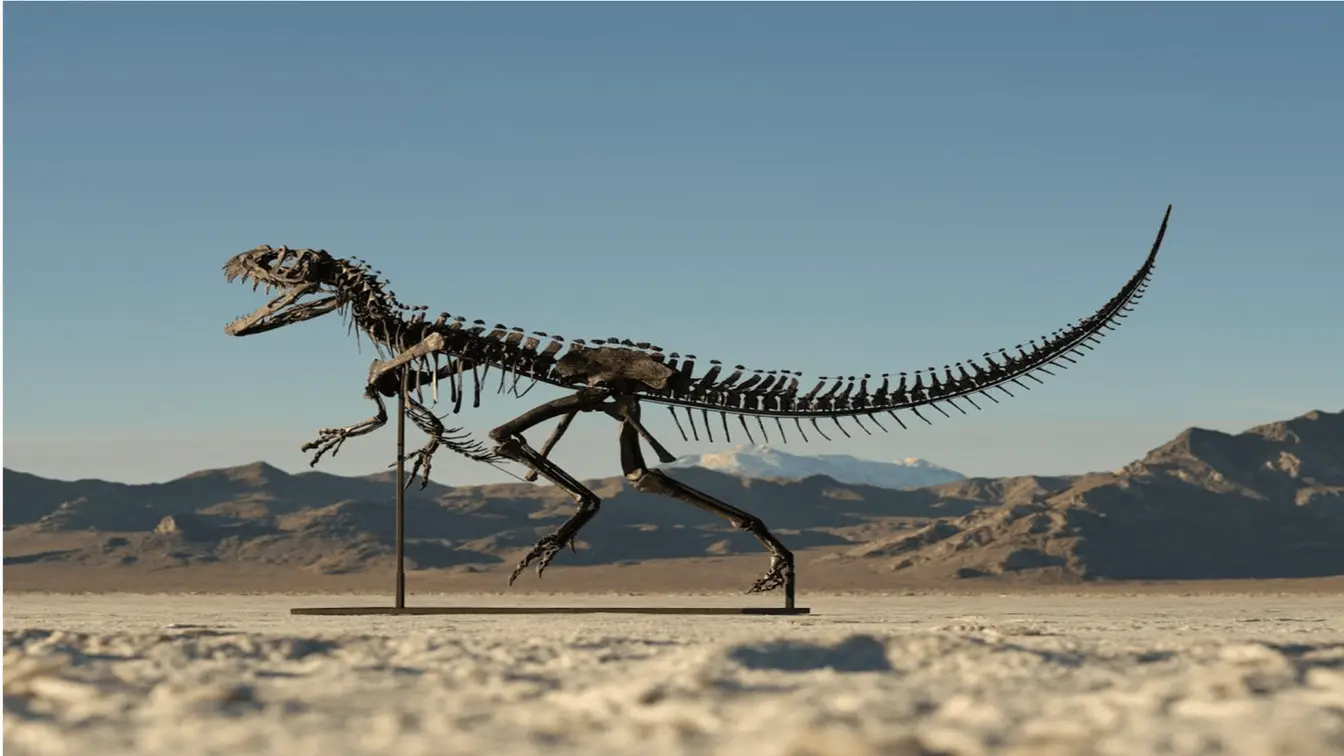T4K3.news
Dinosaur fossil auctions raise alarm
Recent sales reflect a worrying trend of commodifying fossils away from public access.
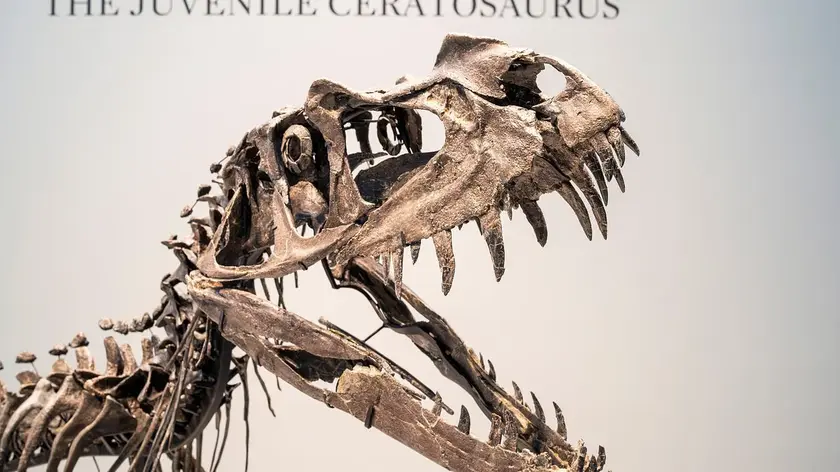
The sale of rare dinosaur fossils for millions of dollars illustrates a growing divide in accessibility to paleontological treasures.
The rising luxury market for dinosaur fossils threatens public access
The auctioning of a juvenile Ceratosaurus nasicornis for over $30 million last month at Sotheby's highlights the booming market for dinosaur fossils. This sale, which saw intense bidding, has raised concerns among experts who believe that such high prices are leading to the commodification of fossils, pushing them out of reach for museums and educational institutions. Steve Brusatte, a palaeontologist at the University of Edinburgh, expressed worry about the long-term implications for public access.
The current market dynamics, driven by wealthy collectors, threaten to shift valuable specimens into private hands. Although some buyers, like Ken Griffin, may loan their acquisitions to museums, many fear that most of these fossils might end up as mere status symbols in the mansions of the rich. Additionally, the inconsistent regulations governing fossil ownership globally further complicate the preservation of these ancient treasures.
Key Takeaways
"Who has that kind of money to spend on a dinosaur?"
Brusatte questions the affordability of rare fossils for educational institutions.
"These amazing skeletons will become playthings for the uber-wealthy."
Brusatte criticizes the commodification of fossil specimens.
"I worry about the longer-term negative repercussions for museums and fossil collecting."
Brusatte expresses concern over rising auction prices affecting public institutions.
"If very wealthy people want to spend their money on rare fossils, that's fine."
Steve Etches advocates for an open market, despite the risks of exclusivity.
The sale of dinosaur fossils raises poignant questions about the value society places on education and public access to natural history. As the allure of owning rare specimens for personal collections grows, the risk of limiting public access to these scientific treasures increases. The fossil market, fueled by wealth and status, risks becoming an exclusive realm for the elite. This could lead to a situation where economic power dictates who gets to appreciate and learn from these wonders of the past. We must consider if the current trajectory of the fossil trade aligns with educational values or if it serves merely the desires of the wealthy.
Highlights
- Fossils should be treasures for all, not for the super-rich.
- Is owning a dinosaur fossil a display of wealth or wisdom?
- The market for fossils risks burying public education.
- Dinosaur skeletons might become trophies, but knowledge should be for everyone.
Concerns over fossil market commodification
The rapidly rising prices of dinosaur fossils could limit public access to paleontological resources, raising concerns among experts about the future of education in the field.
The luxury fossil market continues to grow, raising concerns about public access and educational implications.
Enjoyed this? Let your friends know!
Related News
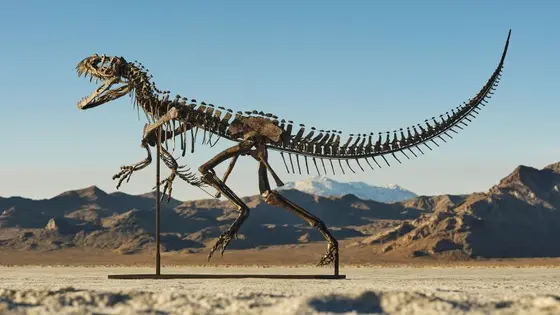
Record sale of Ceratosaurus fossil at auction
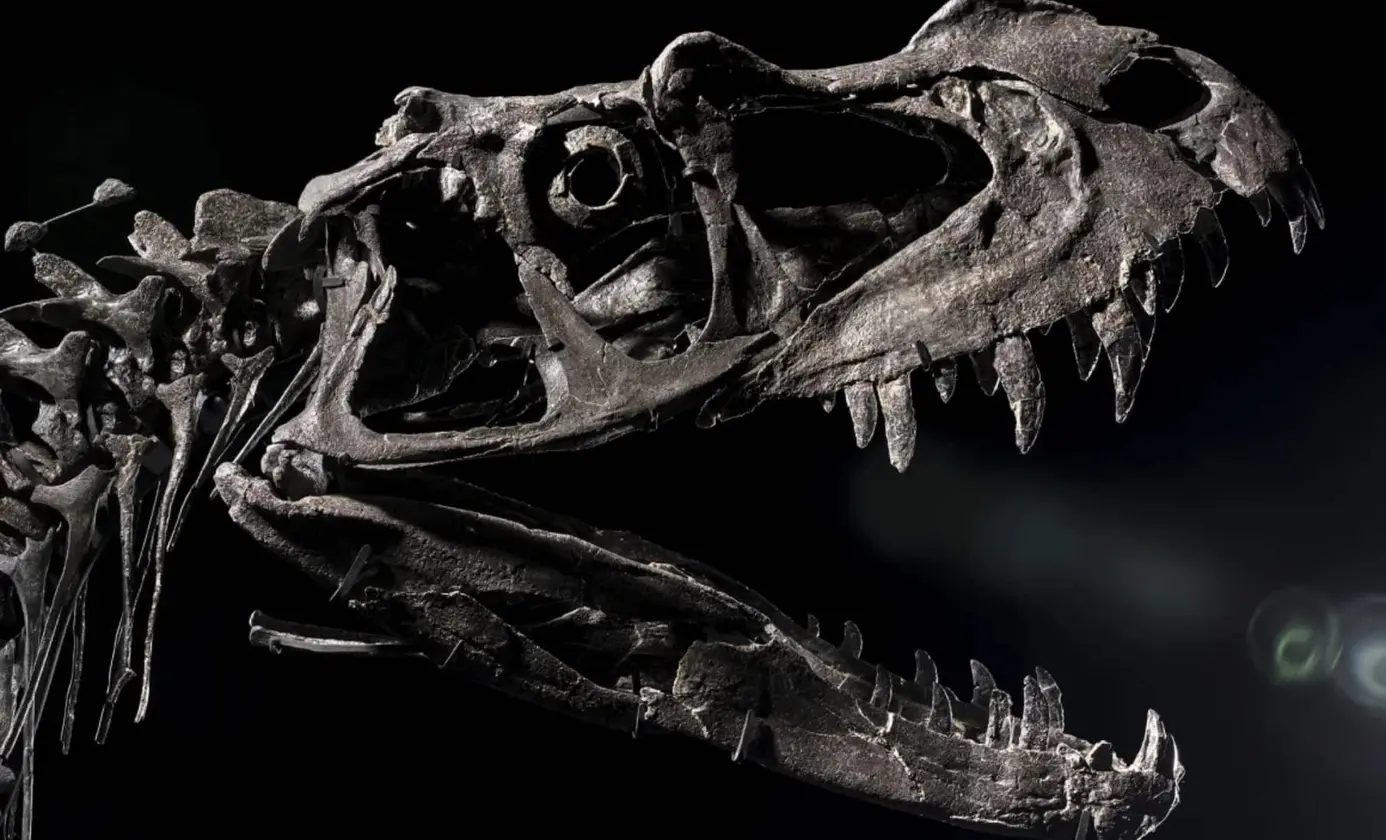
Ceratosaurus fossil sells for $30.5 million at auction
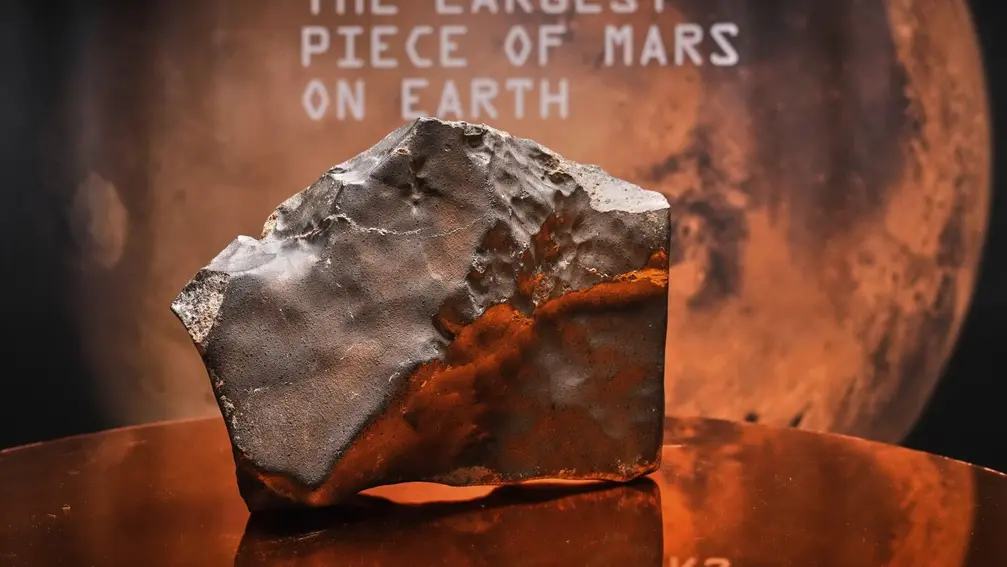
Martian meteorite sells for over $5 million at auction
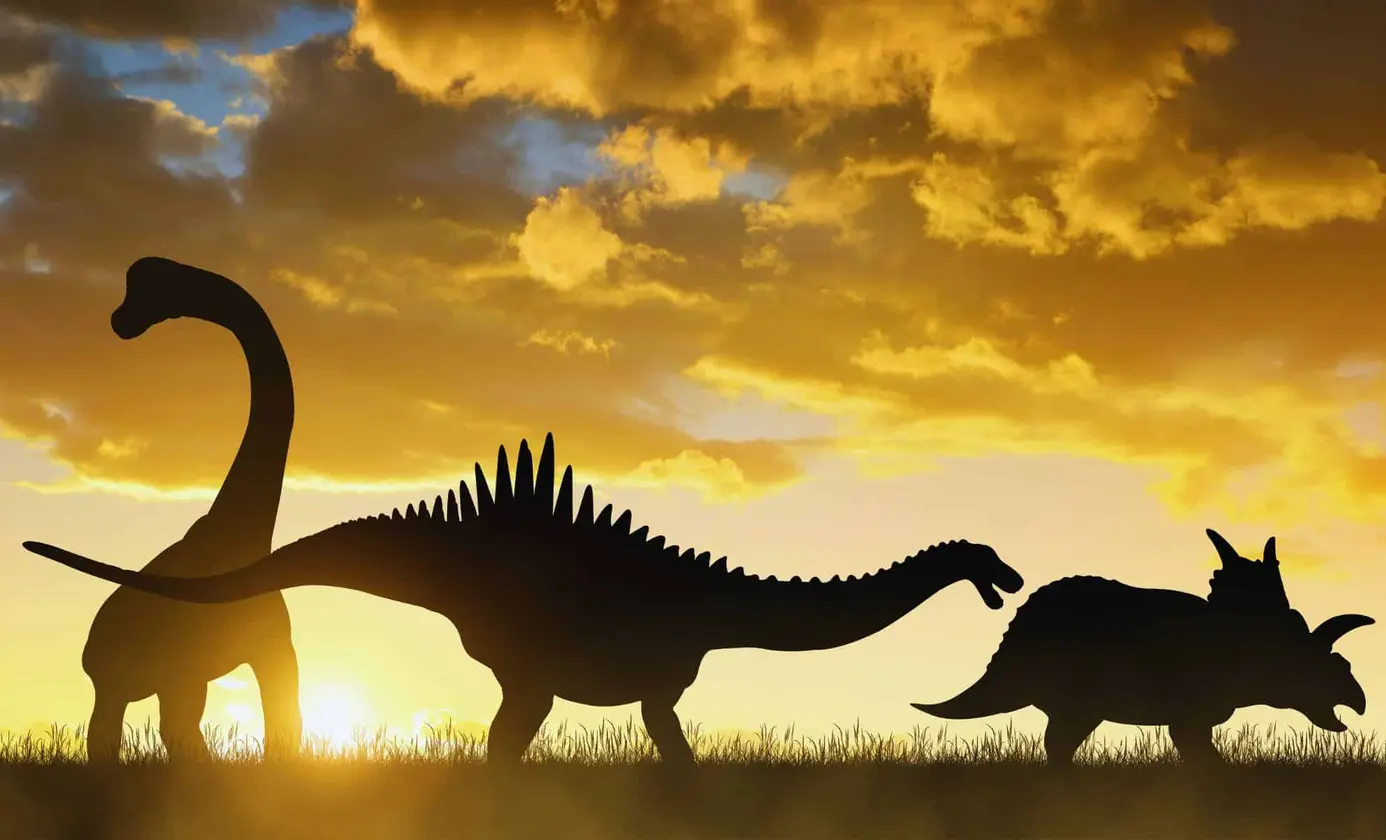
Study Reveals Possible Size of Early Dinosaurs
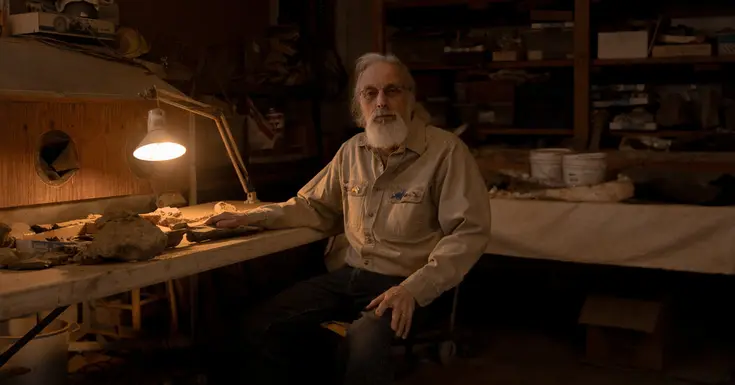
Paleontologist Rebuilds Triceratops Skeleton

BP sells US wind business
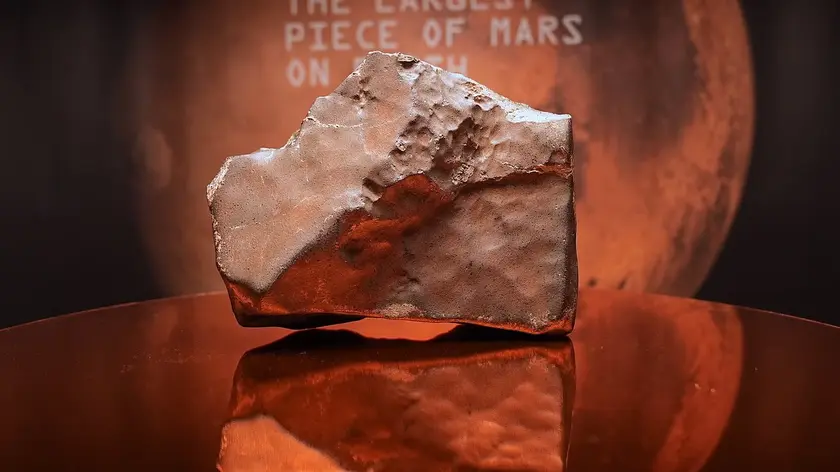
Martian meteorite set for auction at Sotheby's
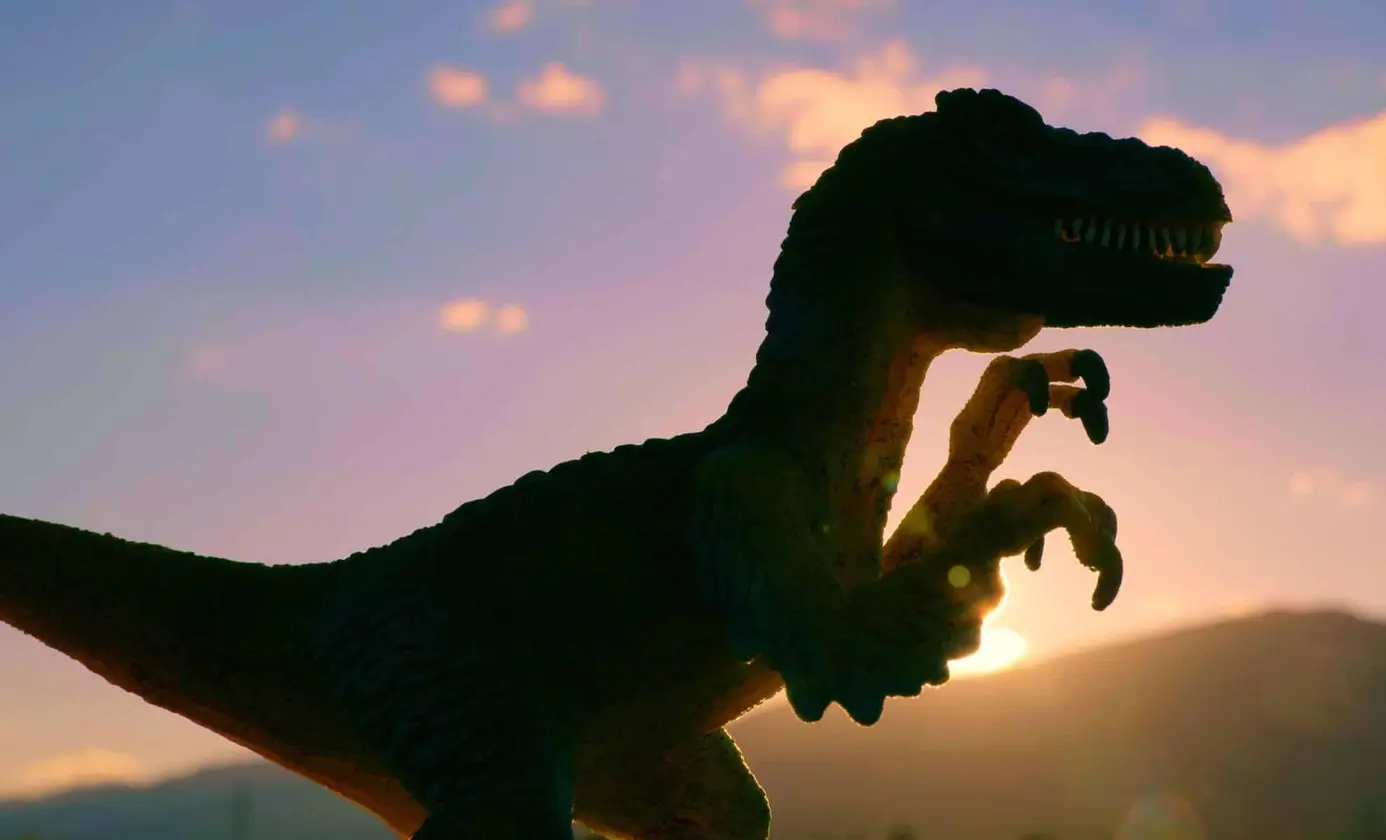
New fossil discovery changes views on early dinosaurs
